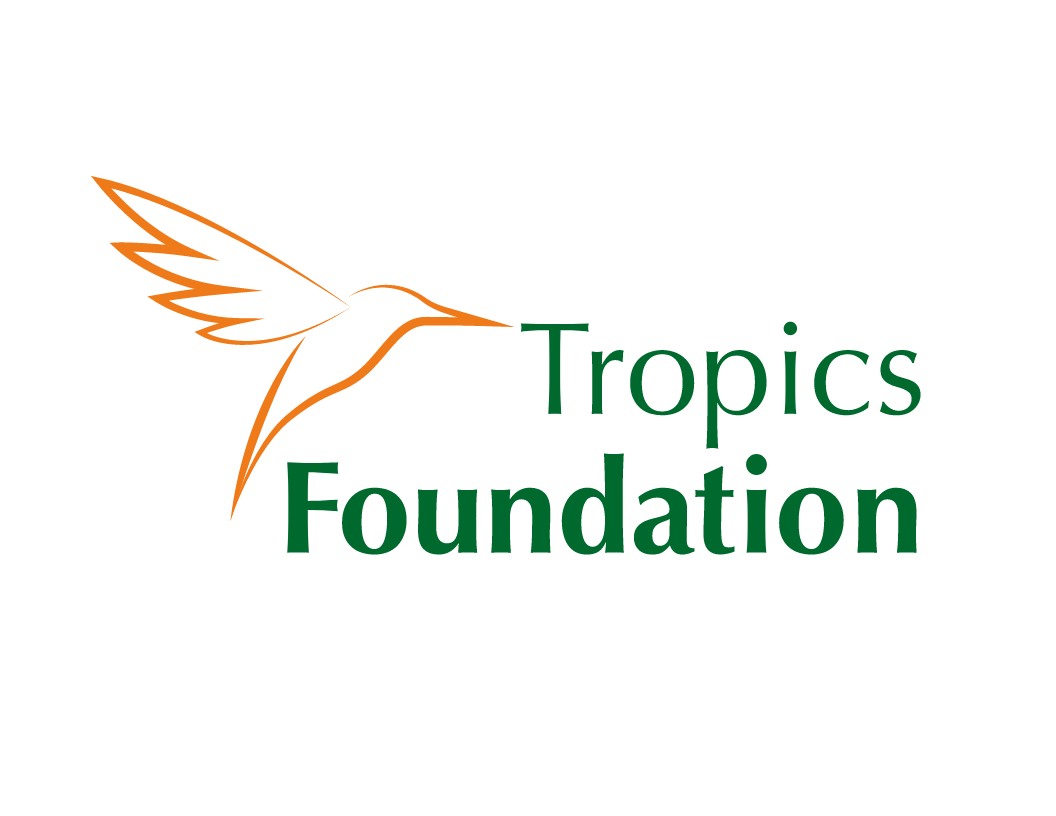Transnational Environmental Collaboration Between CATIE & University of Vermont
Written by Karla Salazar, Edited by Katie Modic
Alejandra Martínez-Salinas, CATIE researcher and professor, presents to a group of Gund Institute students as Macmillan Scholar to the University of Vermont (photo credit: CATIE)
The Gund Institute for the Environment is a research institute based at the University of Vermont (UVM). Founded in 1991 as a space for transdisciplinary environmental scholarship, it currently comprises a diverse team of faculty, students, and collaborators worldwide. One of these international collaborators is the Center for Tropical Agricultural Research and Higher Education (CATIE).
This fall, Alejandra Martínez-Salinas, coordinator of the Forests and Biodiversity in Productive Landscapes Research Unit at CATIE was invited to the Institute as a Macmillan Scholar in order to promote scientific cooperation and academic exchange in favor of sustainable development and environmental conservation.
During her stay, Dr. Martinez-Salinas shared field experiences and advancements in research on biodiversity and ecosystem services in Mesoamerican productive landscapes developed in various projects led by CATIE. Highlights included:
CATIE's Bird Monitoring Program, which after more than a decade has contributed the most complete database on functional traits of birds in the journal Ecology Letters Ecology Letters. (AVONET: morphological, ecological and geographical data for all birds – Tobias – 2022 – Ecology Letters – Wiley Online Library).
Projects such as IKI Trees on Farms Trees on Farms and IKI BioPaSOS in Honduras and Mexico, respectively, which evaluated the influence of different land uses on bird conservation and carbon storage. Silvopastoral systems and remnant forests enhance carbon storage in livestock-dominated landscapes in Mexico | Scientific Reports (nature.com)
Successful collaboration with the US Fish and Wildlife Service in the study of ecosystem services on coffee farms, demonstrating the interaction between pest control and pollination. Interacting pest control and pollination services in coffee systems | PNAS
The collaboration between the two institutions has been a positive and productive exchange for everyone. "I consider it fundamental that as tropical researchers we present our findings to other colleagues working in other systems. In addition, these exchanges allow us to meet other researchers who share our interests and with whom we can potentially establish successful collaborations. It allows us to expand our networks of contacts and the search for joint research projects," said Martinez.
And the exchange is not one sided. The current director of the Gund Institute, Taylor Ricketts, is an international associate of CATIE's Environmental Economics and Sustainable Agribusiness Unit (UEAAS/EfD). His interest and the interest of the UVM academic community in general interdisciplinary approaches, its impact on sustainable forest and biodiversity management, and collaboration with diverse stakeholders in scientific research are a top priority for both institutions.
Martinez and Gund Institute scholars enjoy outdoor recreation around Burlington, Vermont (photo credit: CATIE)
More information:
Alejandra Martínez-Salinas
Coordinator
Forests and Biodiversity in Productive Landscapes Unit
CATIE
amartinez@catie.ac.cr



